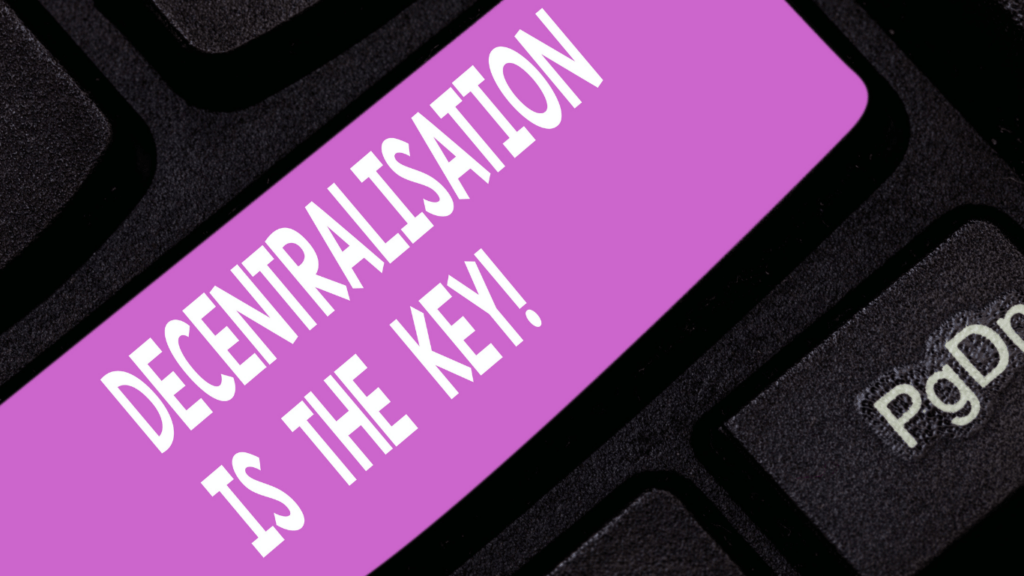Real estate has always been a cornerstone of wealth and investment, but it’s not exactly known for being accessible or flexible. Enter tokenized real estate—a concept that’s shaking up the industry by combining property ownership with blockchain technology. It promises to make investing in real estate as easy as buying shares of stock, but is it too good to be true?
What Is Tokenized Real Estate?

Tokenized real estate combines blockchain technology with property ownership, turning real estate assets into digital tokens. These tokens represent fractional ownership of a property, making investment accessible to more people.
Understanding Tokenization
Tokenization transforms a tangible asset, like real estate, into digital tokens on a blockchain. Each token corresponds to a defined share of the asset’s value. This approach enables fractional ownership and facilitates trading on digital platforms. Secure and transparent blockchain technology underpins this process, ensuring efficiency and trust.
How Real Estate Tokenization Works
A property owner or developer divides a real estate asset into multiple tokens using a blockchain-based smart contract. These tokens are made available for purchase, letting investors buy as many as they prefer. Token holders gain rights like rental income or dividends, reflecting the property’s performance. Secondary markets allow trading of tokens, which enhances liquidity compared to traditional property ownership methods.
The Potential Benefits of Tokenized Real Estate
Tokenized real estate offers numerous advantages by leveraging blockchain technology. It aims to make property investment more inclusive, efficient, and secure compared to traditional methods.
Increased Accessibility and Liquidity
- Tokenization enhances accessibility and liquidity in real estate markets.
- By converting properties into digital tokens, smaller investors can participate in high-value markets that were previously out of reach due to significant capital requirements.
- Liquidity increases through secondary markets, where tokens can be traded like stocks, eliminating the long holding periods often seen in traditional property investments.
Fractional Ownership Opportunities
Fractional ownership becomes feasible through tokenized real estate. Instead of buying an entire property, individuals acquire a fraction represented by tokens. For example, an investor could purchase 1 out of 1,000 tokens for a property, granting them a proportional stake in rental income or asset appreciation. This model reduces the financial burden on single investors, enabling multiple stakeholders to benefit from the same asset.
Efficiency and Transparency Through Blockchain
Blockchain ensures transactions are efficient and transparent. Smart contracts, built on blockchain platforms, automate processes like dividend distribution and legal compliance, reducing administrative costs and errors. The immutable nature of blockchain records also provides transparency, allowing participants to verify transaction histories and ownership details instantly.
Challenges and Risks of Real Estate Tokenization
Tokenized real estate offers promising opportunities, but it’s not without challenges. Understanding these risks is essential to evaluating its potential effectively.
Regulatory and Legal Hurdles
- Navigating real estate tokenization involves compliance with complex regulations that vary by jurisdiction.
- Securities laws, tax obligations, and property rights can conflict or remain undefined in some regions. For example, the classification of tokens as securities under frameworks like the SEC’s Howey Test creates added compliance burdens.
- Ambiguities in cross-border transactions may also lead to disputes or legal penalties.
- These regulatory hurdles hinder industry growth and require proactive measures to address evolving policies.
Market Volatility Concerns
The value of real estate tokens reflects both the underlying property and cryptocurrency market trends. If crypto markets experience fluctuations, token prices may show volatility, even when property values are stable. Sudden market drops, such as Bitcoin crashes, can erode investor confidence and liquidity. Unlike traditional real estate investments, tokenized assets are more exposed to speculative activities in digital trading environments.
Security and Technology Risks
Blockchain technology underpins tokenized real estate but is not immune to vulnerabilities. Smart contract flaws, hacking incidents, and phishing attacks pose threats to investors. A single security breach can lead to the significant loss of tokens or sensitive investor data, as seen in various token theft cases. Additionally, the reliance on private keys for token access creates risks if keys are lost or stolen. Ensuring robust cybersecurity protocols is critical to maintaining trust in this emerging market.


 Market Analyst & Trading Strategist
Market Analyst & Trading Strategist

